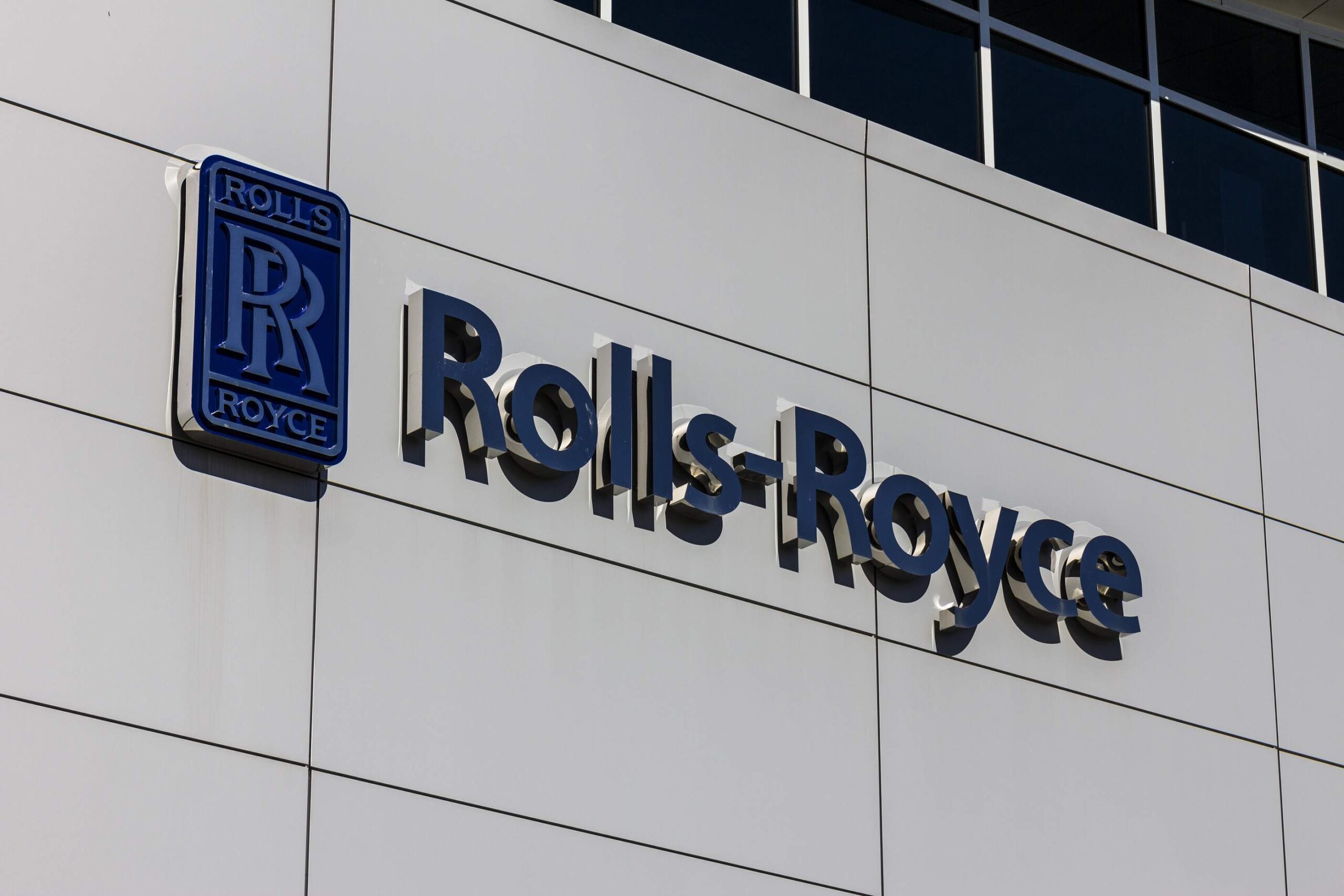
When the UK voted to leave the European Union (EU) last June, the nation was split: 52 percent in favour of leaving against 48 percent who wanted to remain.
The Remain camp was supported by many businesses who believed that Brexit would have a detrimental effect on their positioning in the international markets.
According to research by KPMG, a total of 72 percent of chief executives voted to remain.
The chief executives who wanted to remain in the EU
1. Cisco
The global chief executive, Chuck Robbins, and the tech company’s UK chief executive Phil Smith both voiced concerns about Brexit ahead of the vote.
Smith told Computer Business Review:
“The company, myself and our global CEO Chuck Robbins, find the UK would be better off inside the EU. There is a whole sea of areas on why we believe it is beneficial [to stay in the EU]. The level of disruption that it causes [if the country leaves the EU] being one.”
How well do you really know your competitors?
Access the most comprehensive Company Profiles on the market, powered by GlobalData. Save hours of research. Gain competitive edge.
 Company Profile – free sample
Company Profile – free sampleThank you!
Your download email will arrive shortly
Not ready to buy yet? Download a free sample
We are confident about the unique quality of our Company Profiles. However, we want you to make the most beneficial decision for your business, so we offer a free sample that you can download by submitting the below form
By GlobalData
2. Diageo
The chief executive of Diageo, the drinks giant, Ivan Menezes urged his employees to choose to stay in the EU last year as it would be better for Diageo and the products it produces, such as Scotch whisky.
The note said:
If we leave the EU, our products will revert to paying 45% import duty until the UK is able to negotiate its own trade agreement – this will have an impact. The EU has so far concluded, or is negotiating, over 50 of these global agreements, many of which provide significant commercial benefits for Diageo.
Recently, Diageo was criticised for moving its vodka production out of Scotland because of Brexit.
3. Deloitte
The Big Four firms stayed relatively quiet around the EU referendum, but Deloitte UK’s chief executive said that he believed Britain was better off remaining in the EU.
He told Economia:
On the business impact, my view is that prospects for growth, prosperity and jobs in the UK will be better if we remain in the European Union. Moreover, I believe that Europe will have a better future with the UK as a leading force for pro-growth, free market policies.
4. GlaxoSmithKline
Last year, GlaxoSmithKline’s (GSK) chief executive Andrew Witty used the company’s return to double-digit growth to push for remain in the EU referendum.
However, though Witty believed the UK should remain part of the union, he believed renegotiating the country’s relationship with the EU was a step in the right direction.
Witty said:
We regard Europe as a significant economic bloc, it is important to us from a regulatory perspective, but it also creates some levels of predictability. Could it be improved? Of course it could be improved, we would encourage the government to work hard to improve it, but we believe it is better to be in and improving than to be on the outside and trying to plot a new course.
5. Rolls Royce
Rolls Royce, the British-based engineering giant, took a position on Brexit just days before the referendum.
The company’s chief executive Warren East wrote a letter to his staff to warn that Brexit would be bad for business because of the uncertainty it would create.
He told BBC Radio 4’s Today programme that Rolls Royce was holding off on decisions about where to invest because of the uncertainty, saying:
The uncertainty and the putting decisions on hold is the problem. It’s something our competitors don’t have.
6. Ryanair
The budget airline’s chief executive, Michael O’Leary, was particularly vocal on his thoughts that Britain should remain in the EU prior to the referendum vote last June.
Speaking at a press conference in London last February, O’Leary said:
Ryanair is absolutely clear that the UK economy and its future growth are stronger as a member of the European Union than they are outside the EU. Leaving Europe won’t save the UK money or red tape because, like Norway, the UK will still have to contribute to Europe and obey its roles if it wants to continue [to] trade freely with Europe, so it’s clear UK voters should vote yes to Europe and yes to the reformed Europe that David Cameron has delivered.
Recently, a spokesperson for Ryanair said it was concerned that the UK is not prioritising a new aviation deal in the Brexit negotiations, telling Reuters that there is “a distinct possibility that there may be no flights between the UK and Europe for a period of time after March 2019″.







